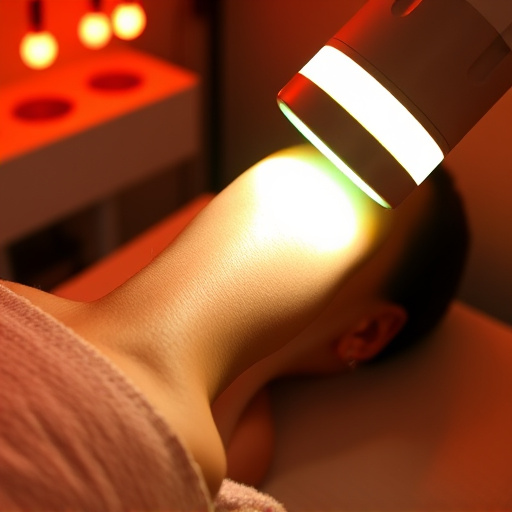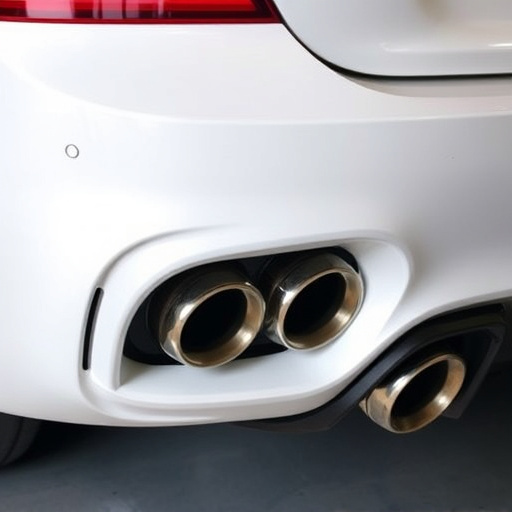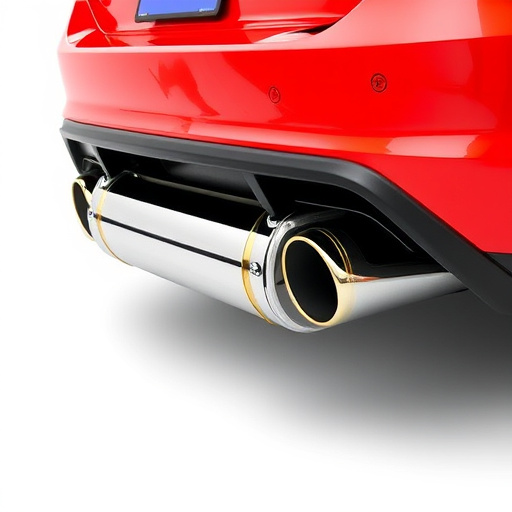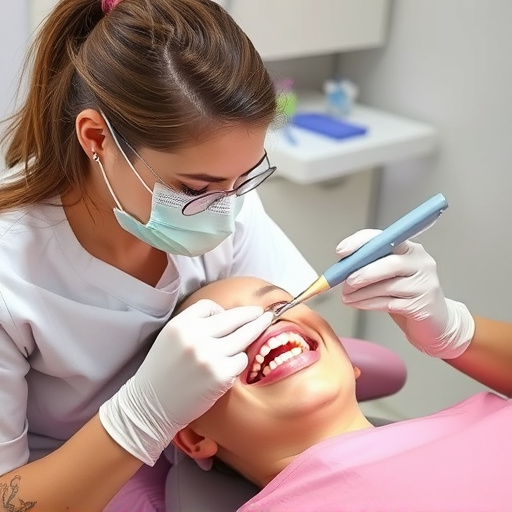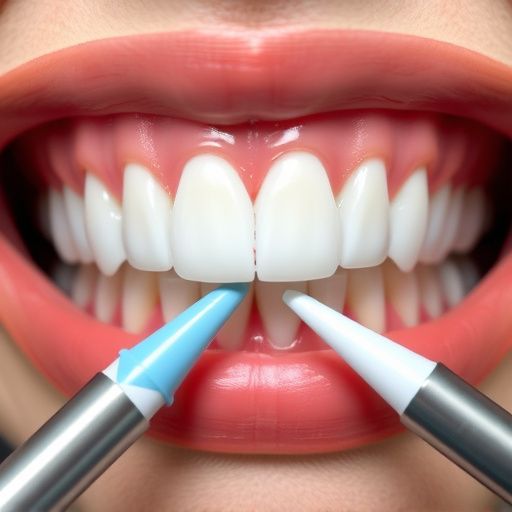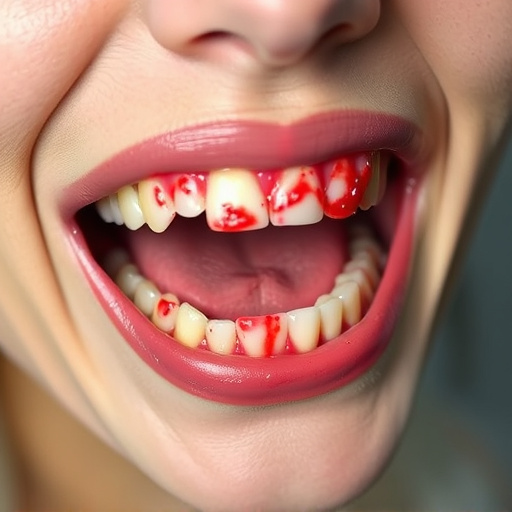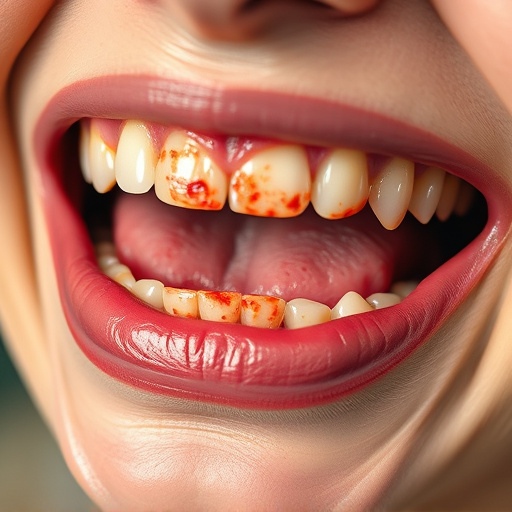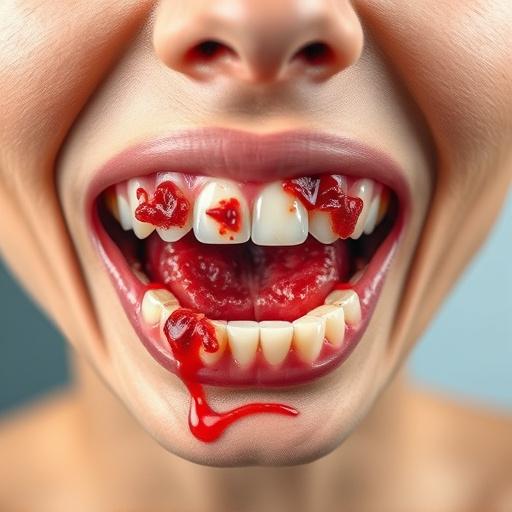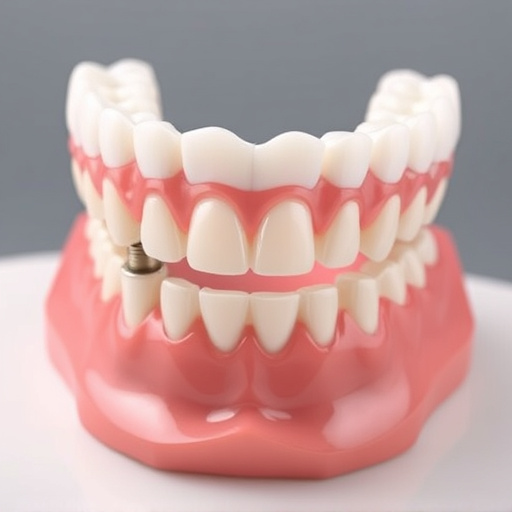Urgent dental care is vital for unexpected issues like pain, swelling, and bleeding, indicating infections or trauma. Quick action can involve extractions or bonding, minimizing damage and saving tooth functionality. Routine check-ups, cleanings, and home hygiene prevent major emergencies, while a first-aid kit offers temporary relief until professional help arrives. Proactive oral health management reduces the need for extensive procedures in urgent dental care scenarios.
“Urgent dental care is a crucial aspect of maintaining oral health, often requiring swift action to prevent complications. This article guides you through understanding and addressing immediate dental needs. From recognizing signs of urgency to the benefits of quick treatment, we explore why timely intervention is key. Additionally, learn proactive measures patients can take to prepare for unexpected dental emergencies. By understanding these aspects, you’ll be better equipped to navigate urgent dental situations with confidence.”
- Understanding Urgent Dental Needs: When to Seek Immediate Care
- The Role of Quick Action in Effective Dental Treatment
- Proactive Measures: What Patients Can Do to Prepare for Urgent Dental Situations
Understanding Urgent Dental Needs: When to Seek Immediate Care
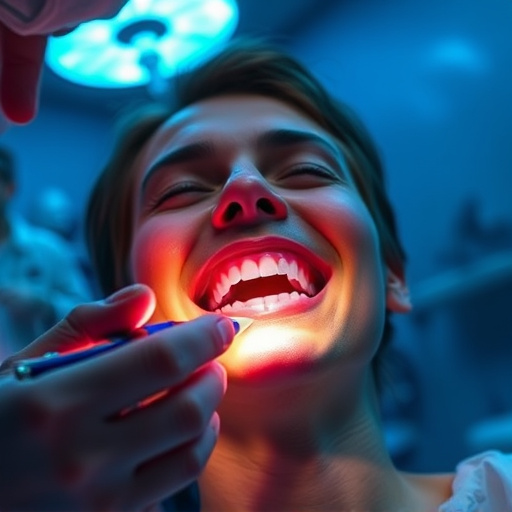
Urgent dental needs can arise suddenly, demanding immediate attention from a qualified professional. Recognizing the signs is key to ensuring timely treatment and minimizing potential complications. Pain, swelling, and severe bleeding are clear indicators that require swift action. These symptoms often signal issues like tooth infections, abscesses, or damage due to trauma. For instance, a tooth extraction might be necessary if a tooth is severely broken or impacted, causing immense pain and potentially impacting overall health.
Knowing when to seek urgent dental care can make all the difference in effective treatment outcomes. Regular dental cleanings and check-ups are essential preventive measures, but they do not replace immediate care for acute problems. Clear aligners, while convenient for minor adjustments, are not suitable for every situation. Some conditions necessitate prompt attention to prevent further deterioration or the need for more extensive procedures, such as complex tooth extractions or advanced restorative treatments.
The Role of Quick Action in Effective Dental Treatment
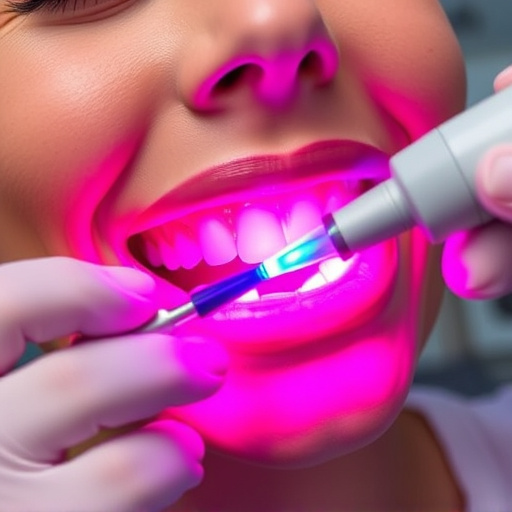
Acting fast when it comes to urgent dental care is crucial for effective treatment outcomes. Prompt action allows dentists to mitigate damage caused by dental emergencies such as toothaches, cracks, or trauma. In cases where a tooth has become severely damaged, quick intervention can make a significant difference in its longevity and functionality. For instance, a simple procedure like dental bonding can be used to repair minor chips or cracks, enhancing both the aesthetics and strength of the tooth.
When it comes to children’s dentistry, quick action is equally vital. Young patients might experience tooth decay or injuries during play or sports activities. Dentists recommend addressing these issues promptly to prevent further complications. Regular check-ups and a good oral hygiene routine at home can also help in early detection of problems, allowing for simpler and more effective tooth repair procedures.
Proactive Measures: What Patients Can Do to Prepare for Urgent Dental Situations
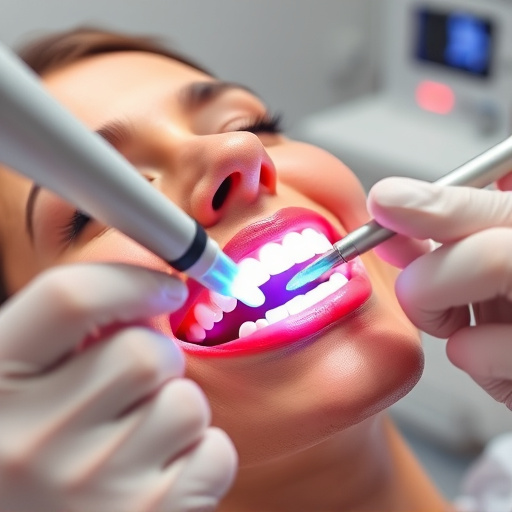
To prepare for urgent dental situations, patients should take proactive measures. Regular dental check-ups and cleanings (dental cleanings) are essential to maintaining good oral health and can help prevent minor issues from becoming more serious problems that may require emergency dental care (urgent dental care). Staying on top of routine care reduces the likelihood of sudden pain or discomfort that could signal a dental crisis.
Additionally, keeping an eye out for potential issues like tooth sensitivity, cracks, or infections enables patients to seek prompt treatment. Having a basic first-aid kit handy with items like over-the-counter pain relievers and cold compresses can also help manage symptoms temporarily until they can receive emergency dental care. Remember, acting fast is crucial in preserving oral health and avoiding more complex procedures, such as needing a dental crown due to significant damage.
Urgent dental care is crucial for maintaining oral health and preventing severe complications. By understanding when to seek immediate treatment and taking proactive measures, patients can ensure effective dental care. Remember, quick action is key in managing urgent dental needs, so don’t delay – act fast for optimal results.

